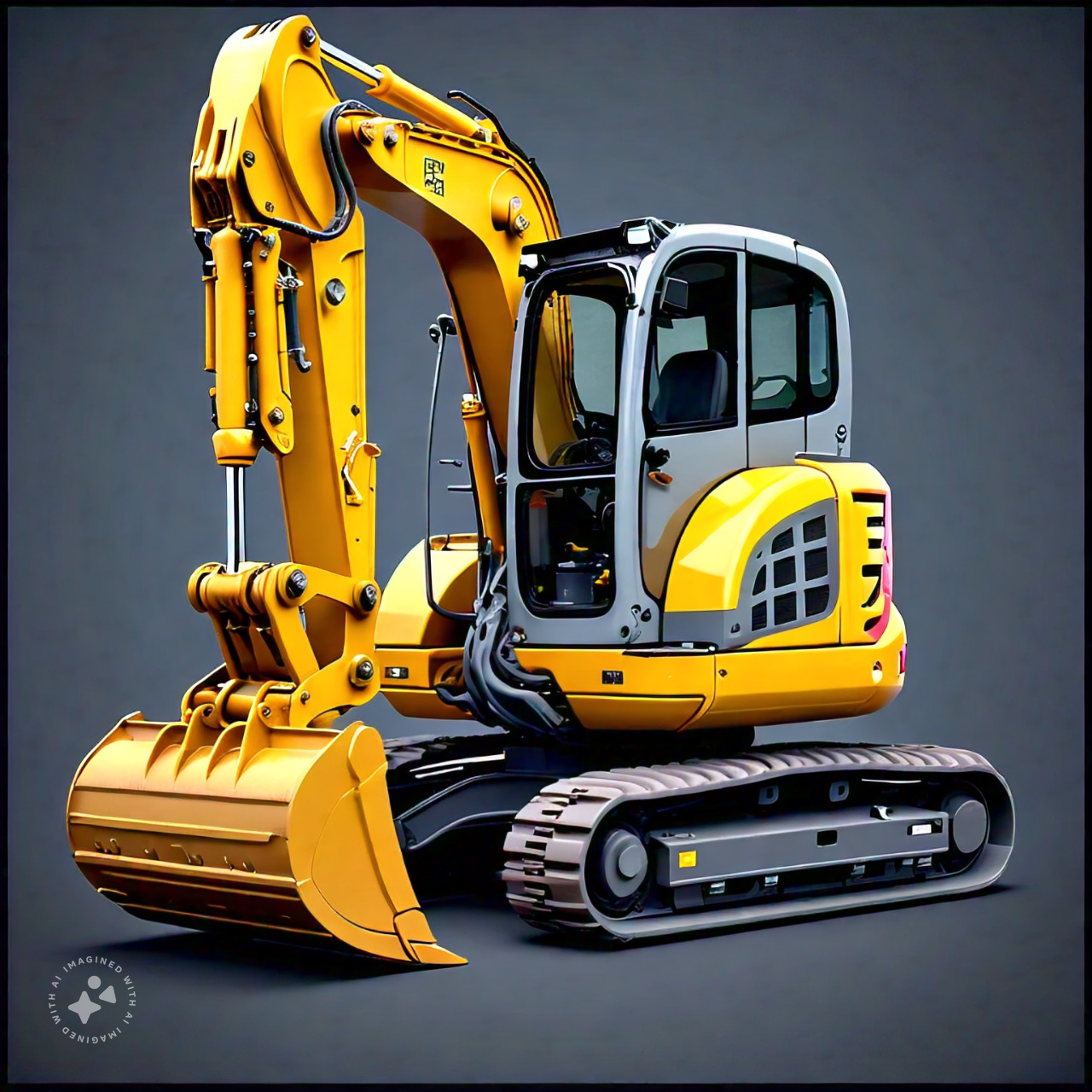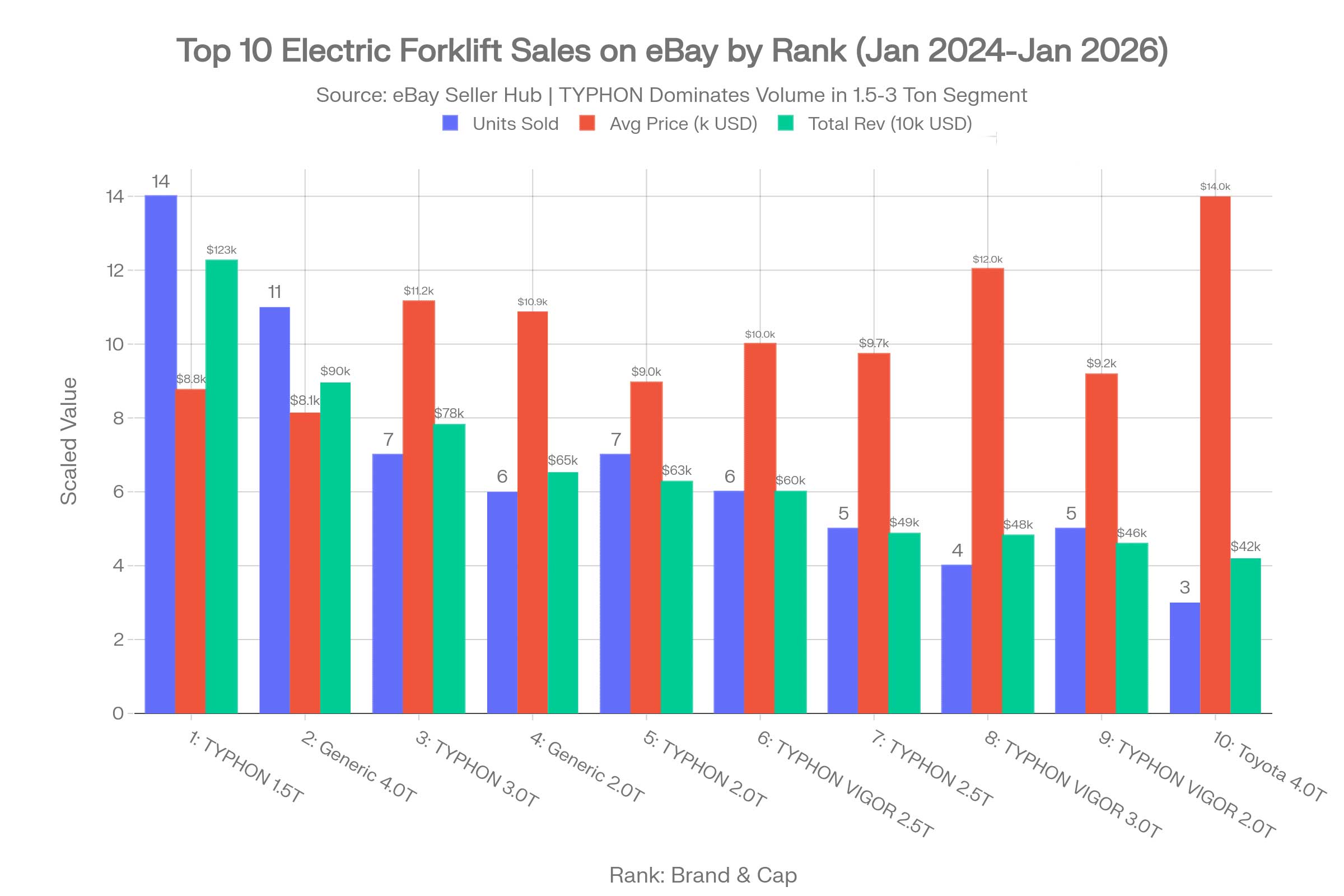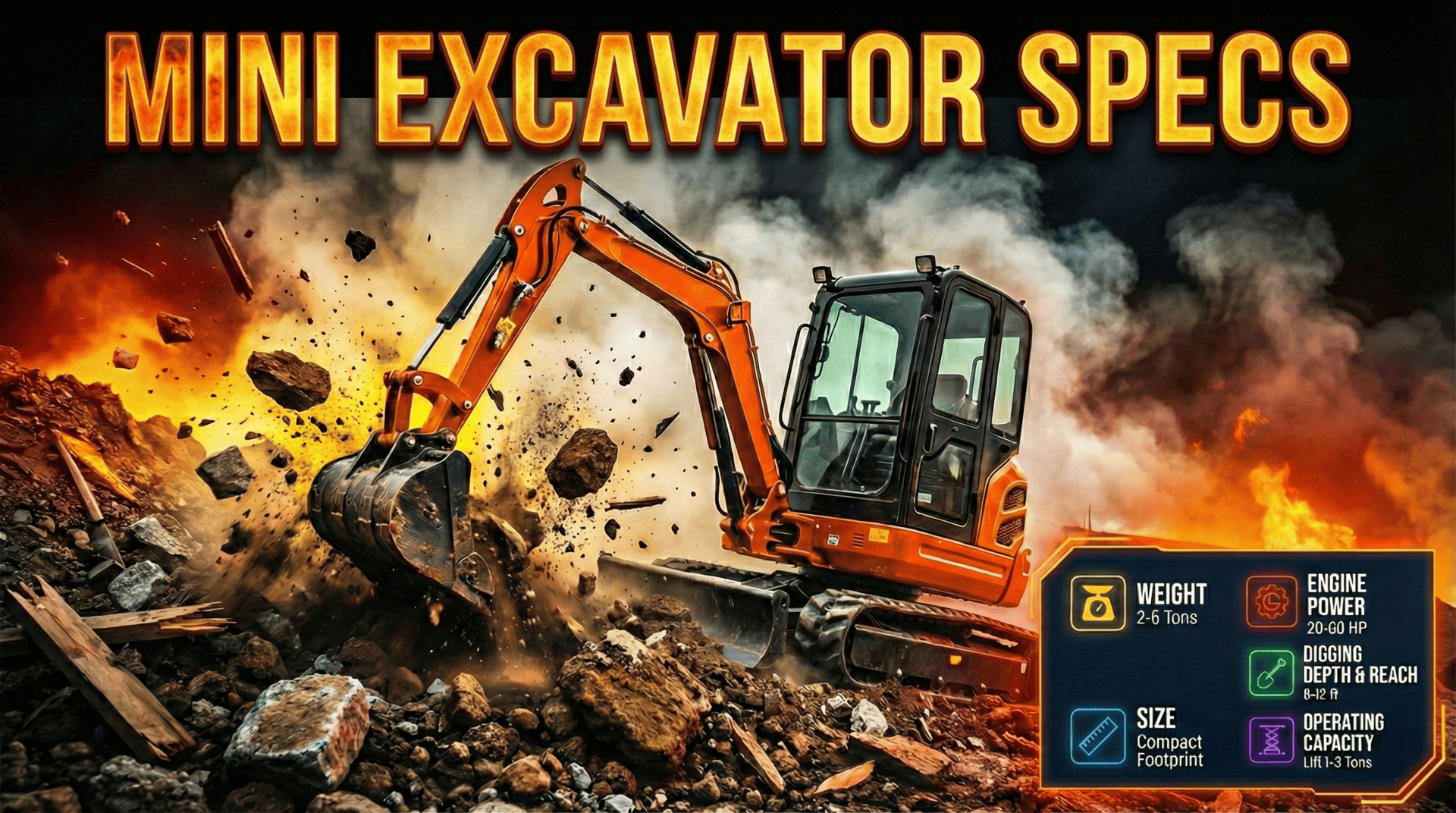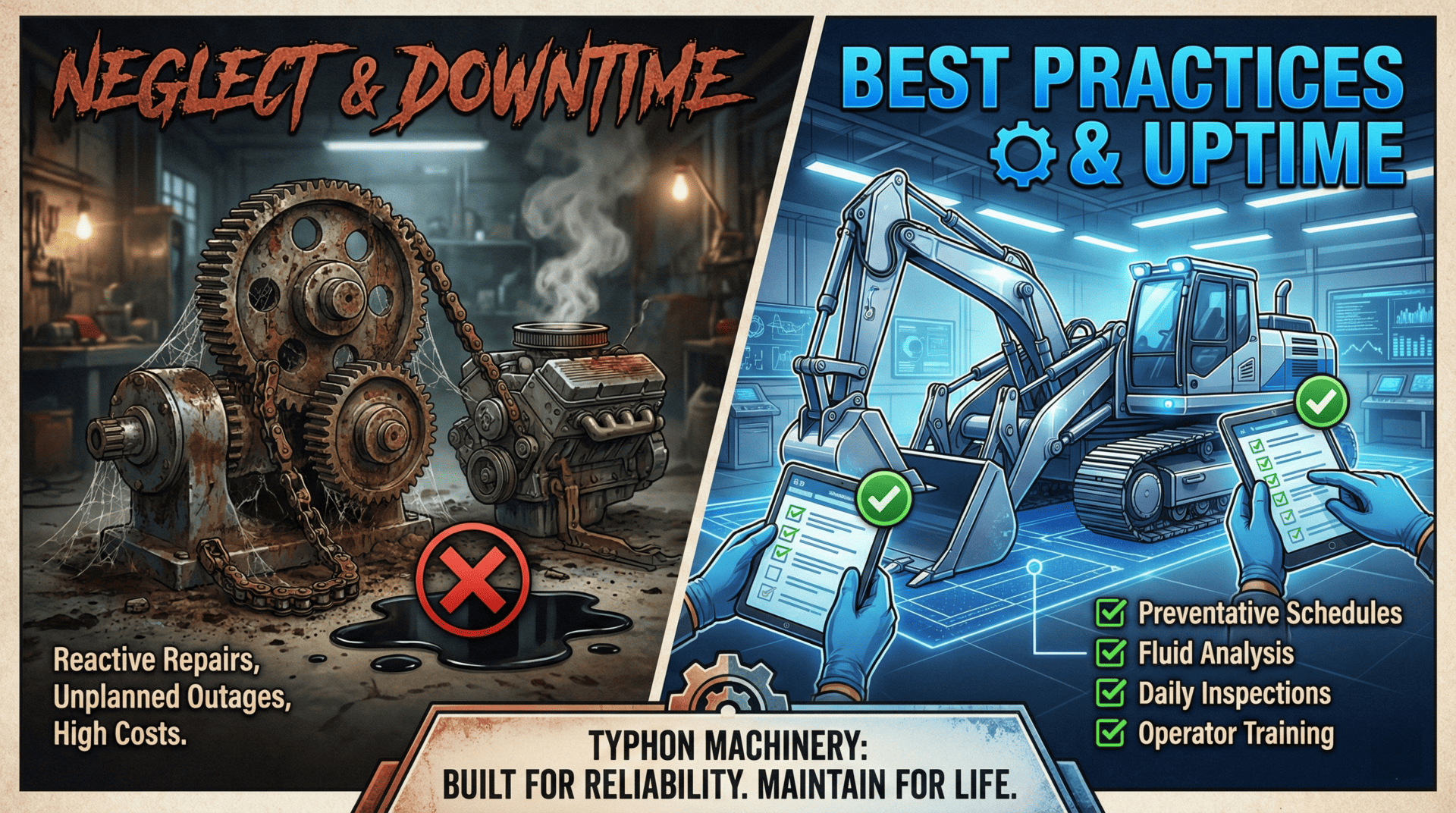Keep Your Compact Excavator Running Smoothly with These 10 Essential Maintenance Tips
10 Compact Excavator Maintenance Tips: Maintaining on time and within budget in the hectic field of construction depends on maximum equipment efficiency. On construction sites, compact excavators—known for their adaptability and maneuverability—are very vital. Regular maintenance is quite essential to guarantee these devices run at best. Ten basic maintenance ideas in this book will let small company owners, equipment operators, and construction workers maximize the lifetime and uptime of their compact excavators.
Understanding the Importance of Maintenance
Maintaining a small excavator is a dedication to the lifetime and efficiency of your investment, not simply a chore. Good maintenance reduces the possibility of unanticipated malfunctions, which could cause expensive project delays. Regular checkups and maintenance help you to make sure your equipment is ready to handle any size project.
Ignorance of correct maintenance of your excavator could result in extreme wear and tear, lower performance, and more repair expenses. It’s about preserving the safety and output of your construction activities, not just about keeping the equipment running. A well-kept excavator improves your team’s capacity to reach project deadlines and helps to smooth out processes.
Apart from maintaining the performance of your tools, consistent maintenance helps to support your reputation as a trustworthy building expert. Those that give equipment maintenance first priority value contractors, as it shows professionalism and quality.
Start with the Operator’s Manual
Your first reference for knowing the particular requirements of your mini excavator is the operator’s manual. It is very helpful regarding the controls, service plans, and maintenance points of the equipment. The first step toward good maintenance is familiarizing yourself with the handbook.
Every model has different needs and characteristics; hence, the handbook is a vital tool. Should you have lost your handbook, do not panic. Many manufacturers provide online versions; otherwise, you may get a replacement from your local dealer. Having access to this material guarantees that you possess the knowledge required to keep your computer in good running order.
Following manufacturer recommendations included in the handbook not only maintains your equipment in great condition but also helps preserve warranty coverage. Reviewing the handbook often keeps you current on best practices and any changes to maintenance procedures.
The Importance of Daily Fluid Checks
The blood of your mini excavator is fluid levels. Essential is developing a daily check schedule including coolant, hydraulic fluid, engine oil, and other elements. Lubrication, cooling, and smooth running of the machine depend on these fluids.
Ignorance of fluid levels could cause mechanical breakdown and overheating. Maintaining cleanliness in the surroundings of fluid reservoirs guarantees the proper operation of the fluids by preventing pollution into the system. Maintaining performance and avoiding voiding warranties depend on using the manufacturer’s suggested fluid types.
As necessary, top up fluids; furthermore, stay alert for leakage. Early leak discovery helps to avoid more serious problems downstream. A basic yet efficient approach to keep your excavator in good condition and prolonging its running life is regular fluid checks.
Maintain Equipment Filters for Optimal Performance
Maintaining the efficiency of your equipment depends much on filters—fuel, engine, air, hydraulic, and mechanical ones. Clogged filters may seriously decrease uptime and harm important parts. A fundamental maintenance habit is routinely checking and changing these filters.
Filters that are dirty or clogged reduce airflow and fluid flow, therefore affecting performance and fuel consumption. Making sure your filters are clean and operating as they should lets your hydraulic systems and engine run effectively, therefore longer component life and less wear.
Following manufacturer advised replacement interval recommendations for filters is really vital. Having extra filters on hand lets you change them quickly, therefore reducing downtime and maintaining the direction of your initiatives.
Fuel Quality Matters
Performance and lifetime of your small excavator depend on using clean, premium diesel fuel. Closely follow manufacturer instructions and change fuel types depending on your operating surroundings.
Particularly designed mixes are advised in colder areas to avoid gelling, which might restrict fuel flow and cause machine stall. Using ultra-low sulfur diesel fuel also helps one follow environmental rules and lower pollutants.
Check gasoline storage tanks often for contaminants; clean them as necessary. Good fuel guarantees effective combustion, lowers injector clogged risk, and promotes general engine health.
Inspect and Maintain Tracks Regularly
The undercarriage of your excavator consists mostly of tracks, which directly affect stability and movement. The proper running of the machine depends on regular rubber track inspection and repair.
Daily inspections for exposed steel embeds, cuts, and rips help to spot any problems early on. Track tension using the manual’s guidelines to avoid needless wear and tear. Either too tight or loose tracks could cause early failure and higher running expenses.
Good track maintenance not only increases the lifetime of the tracks but also enhances the traction and efficiency of the excavator on different terrain. Job site performance may be much improved with this focus on detail.
Keep the Cooling System in Check
Preventing overheating and guaranteeing your excavator runs within ideal temperature ranges depend on a well operating cooling system. Two very vital parts of this system are enough coolant and ventilation.
Check for appropriate airflow often; furthermore, check hoses for leakage. Maintaining the radiator, oil cooler, and condenser free guarantees effective performance and helps to avoid overheating. Low coolant or blocked airflow may cause engine damage and expensive repairs.
Maintaining the lifetime and dependability of your equipment depends on you investing time to maintain its cooling system. This is a preventative step that keeps your projects going without incident and protects against unanticipated malfunctions.
Battery and Charging System Care
Reliable starts and continuous operation of your excavator depend critically on the battery and charging system. One easy but important maintenance chore is making sure battery cables are free from corrosion and tight.
As required to safeguard the electrical system, check and replace fuses. Frequent battery and charging system checks let you find any problems before they compromise performance. Particularly for high-demand jobs, a well-maintained battery system is less prone to fail.
Proactive battery and charging system maintenance reduces the likelihood of downtime and helps your equipment run generally more efficiently.
Ground-Engaging Tools Need Attention
Cutting edges, teeth, hoses, and ground-engaging equipment all directly impact the efficiency and efficacy of your excavator. Examining these attachment parts often for wear or damage is really vital.
These instruments may become somewhat worn after demanding usage. Maintaining uptime guarantees your excavator runs as it should depend on replaced worn-out or broken components. Ignoring these instruments could lower output and raise running expenses.
Maintaining the best condition of your ground-engaging tools not only increases their lifetime but also improves the capacity of your machine to easily undertake difficult jobs.
Monitor Instruments for Early Warning Signs
Onboard instrumentation systems included in many current compact excavators provide essential information regarding the state of the machine. Preventive maintenance depends on close observation of tools, including fluid temperatures and coolant levels.
Following warning signals and acting fast will help to avoid significant damage and expensive repairs. These solutions provide real-time health information for your equipment, so you may take care of minor problems before they become more serious.
Including instrument monitoring into your daily schedule guarantees that you keep best performance and remain aware of the state of your excavator.
Adhering to Regular Maintenance Schedules
Basic maintenance for your compact excavator depends on following advised maintenance schedules. These plans provide direction for lubrication, inspections, and other required chores.
Following these guidelines guarantees consistent maintenance and checking of all components. This proactive strategy increases the lifetime of your equipment and lessens the possibility of unplanned breakdowns.
Regular maintenance plans are not just a need; they also represent a calculated investment in the lifetime of your gear and the profitability of your company. Following them guarantees that your mini excavator will always be a dependable tool on any work site.
Conclusion: Compact Excavator Maintenance Tips
Maximizing the uptime of your mini excavator calls for proactive equipment care and consistent maintenance commitment. Construction experts, equipment operators, small company owners, and others may make sure their machines run consistently and dependably by using these ten basic maintenance ideas.
Time spent in appropriate maintenance not only protects your investment but also improves work site efficiency and production. Whether you have experience operating mini excavators or are brand new, these techniques are essential for maximizing your tool life.
See manufacturers and industry experts for more tools and professional advice on keeping your mini excavator in running order. Giving maintenance top priority helps you build the basis for effective projects and lifetime equipment.











